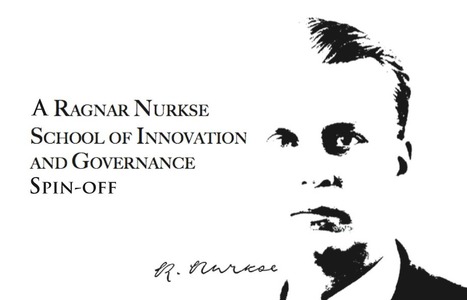The P2P Lab is an independent media lab interested in interdisciplinary research on free/open source technologies and practices.
Our mission is to:
- strive for integrative insights on the open technologies and the peer-to-peer practices.
- provide consultancy support to organisations and institutions regarding open technologies and relevant socio-economic trends.
- produce innovative, global techno-economic solutions to local problems.
- write, edit and publish articles, reports and books in the diverse range of topics we investigate.
- organise open events for reflection and action as well as to educate people about critical and creative tools for society-changing.
We are constantly on the look-out for co-operation on interesting projects.



 Your new post is loading...
Your new post is loading...








